Teaching as Sabbath: A Lenten Reflection on Exodus 20:8 by Min. Candace Simpson
The ten commandments are some of the most recognizable features of our faith. They’re a list of do’s and don’ts that Moses’ people, and eventually the rest of us, are expected to follow. Most of the list is full of “don’t.” In fact, eight commandments are framed as things you should not do. So of course, I’m intrigued by the first thing God tells us to do in the affirmative.
“Remember the sabbath day, and keep it holy.”
That’s a joke, right?
What is the Sabbath for those of us who have committed to anti-racist living? What does an anti-racist Sabbath look like? Are we honoring God with our endless work? These are not rhetorical questions. Take a moment to reflect on these ideas. (Journaling is important!)
Sabbath is an opportunity to rest. To rejuvenate. To worship God.
So truly, what does Sabbath look like for freedom fighters? Do we even do that?
Moses, before-the-commandments, would be the person to decide all disputes. Every time the people had an issue, they would come to Moses. Exodus 18 describes a world in which all the people come to their CEO Moses for every question. Should we eat this today? Is this a place to stop on our route? Should we marry today? Is it okay that we order these curtains for our tents? Can you mediate this argument? Can you give us advice on our friendship? Can you provide a statement for this event? Can you bless our union? Can we interview you for our school project? Can we come over for tea later? What do you think about this for a protest space?
Every little thing. The people crowded around Moses all day long. And Moses saw no issue with this because he believed that’s what leaders do. Moses believed that people needed to go through him because he had a special relationship with God. I wonder if Moses felt important and needed. Experts tend to get a lot of respect. But perhaps it is Moses’ commitment to patriarchy that kept him from believing that anyone besides him could have discernment or common sense.
These commandments come after Jethro (Moses’ father-in-law and priest of Midian) tells Moses, “you’re going to run yourself ragged being the only person facilitating conversation between God and the people.”
Trying to set this world rightside up will spend any human being. Trying to be the one voice who speaks against gender injustice, racial discrimination, queer antagonizing rhetoric, ableism, capitalist greed, xenophobia and all the evils is draining. There’s always a thing to do. And sometimes, we forget that organizing is about people. It’s not about one or two voices in a crowd. Hell, it’s not even about one or two voices talking to a crowd. Anti-oppression organizing is about discerning how each one of us ought chip away at the Monster.
Our ancestors, like Uncle Jethro and Ms. Ella Baker, believed that the people could manage their own if they were given an opportunity to do so. We can’t make anyone woke. All we can do is invite people to explore their own realities and discern if this is the world we desire. We can’t make anyone believe anything for real. But we can teach. We can host spaces that are elastic enough to generate new questions and wonders. We can model new ways to read old texts. We can share books and videos that open up new worlds.
We don’t need another king. We need more teachers. Teach the people so you can have your Sabbath.
If we believe that people need us for every little thing, then we will never get our Sabbath.
If we believe that people need us to be their leaders, we will never get our Sabbath.
If we believe that we are the only ones who can mediate between God (or our beloved texts), we will never get our Sabbath.
If we want a sustainable way of life, we’ve got to encourage folks to explore their own realities. If you’re going to write, write so that people can read and engage. If you’re going to speak, speak so that people can listen and engage. But the flow of inquiry ought not end at the moment we bring the tablets down.
Will people question their worlds when The Leaders are not around? Are we the only ones accountable for imagining and organizing? Can we make more space for each person to make an offering to the group?
“Remember the Sabbath day and keep it holy.”



